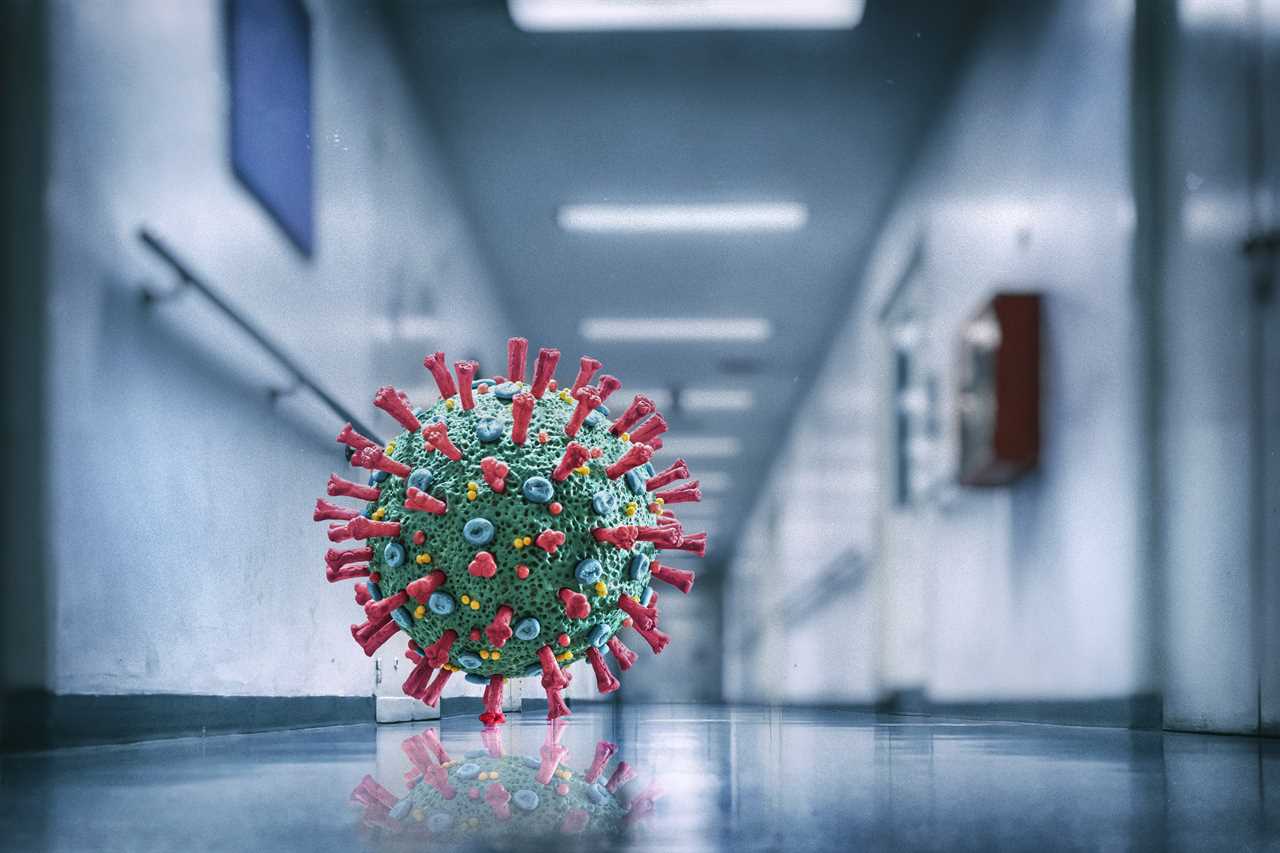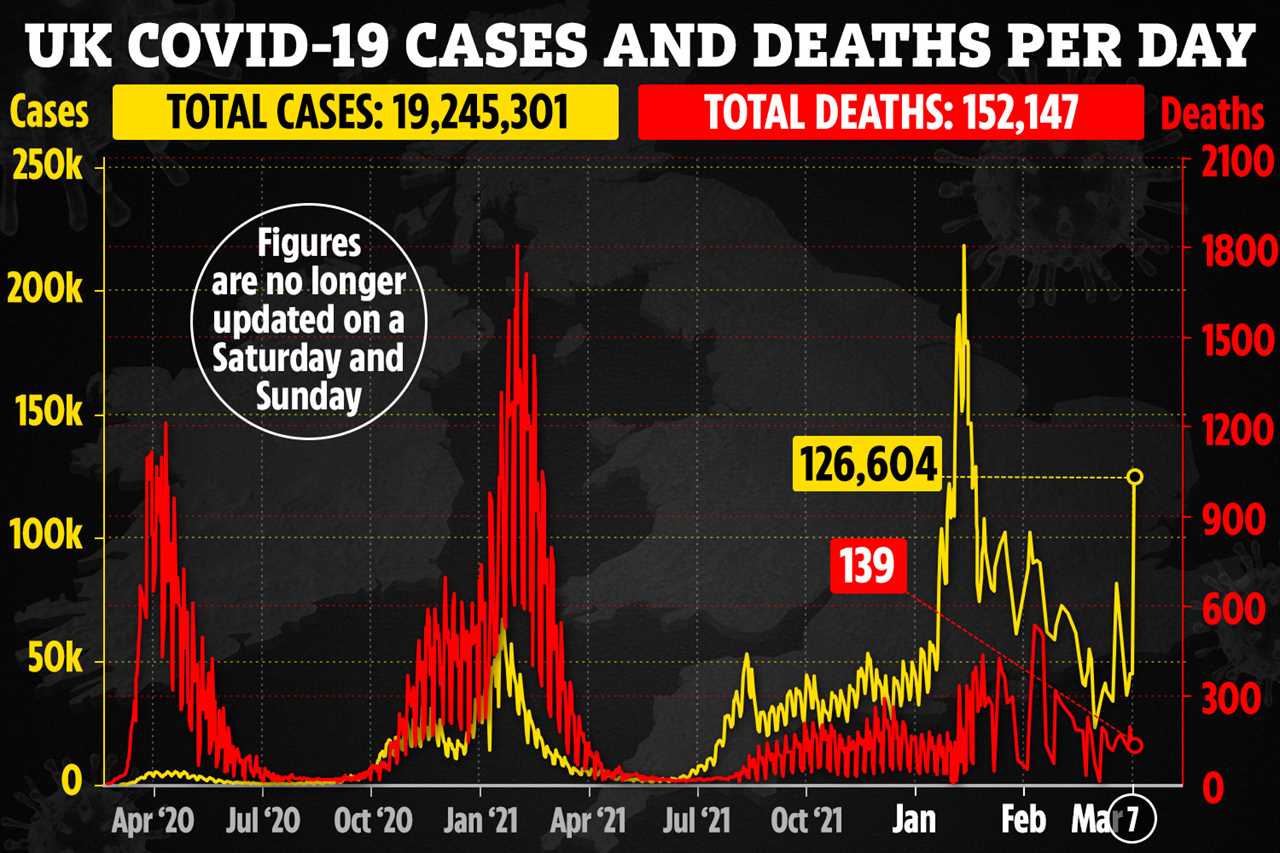ANYONE who had Omicron at Christmas or around the new year may now be starting to wonder if they might catch it again.
While catching it does leave you with immunity for a little while, you can pick up the bug again.

Cases have dropped hugely from the numbers seen in January but are still high, hovering at around 40,000 new infections a day.
Omicron, and it’s sub-variant BA.2, are quicker at spreading and can get around vaccine immunity a bit better.
While it is milder, it can infect people more quickly and in rare cases come back around for a second hit.
It is at least 2.4 times more likely to reinfect people who already had a previous strain of Covid.
And a Danish preprint study found last month it is possible to have had Omicron’s original strain, BA.1, and then get the sub-variant, BA.2.
Researchers from Denmark’s Statens Serum Institut, the country’s leading infectious disease agency, wrote: “Omicron BA.2 reinfections do occur shortly after BA.1 infections but are rare.”
They added these cases were “mostly found in younger unvaccinated individuals with mild disease”.
At least 47 Danish people caught Omicron twice – a BA.2 reinfection shortly after having had a BA.1 infection – according to the research.
It is generally thought that for vaccinated people, protection against infection drops to about 70 per cent after about six months.
For the unvaccinated, a study by the Yale School of Public Health found their immunity from a prior infection could be anywhere between three and 61 months.
Dr Amesh Adalja, senior scholar at Johns Hopkins Centre for Health Security in the US, said: “It’s unclear, at this point, what level of immunity occurs after an Omicron infection. I suspect over time, yes, you probably can get re-infected.”
Vaccines are the best way to get through the Omicron wave, experts have repeatedly said – and slash the risk of serious illness or hospitalisation in yourself and others.
Anyone who hasn’t had their booster, as perhaps they were ill at Christmas, should get theirs as soon as possible to be fully protected.
The variant is milder than previous strains, especially in the vaccinated, but can spread quickly which is why cases had rocketed.
Any new variants could remain as mild as Omicron, but it could be the case that a slightly more severe one emerges – which is why it’s important to keep on top of your jabs.
DOUBLE TROUBLE
While every person will have different immunity levels, it is possible you could get reinfected with Omicron about three months after catching the original strain.
The Government website says reinfection “remains rare, though especially in the context of high prevalence, cases will occasionally occur”.
It says its definition of suspected reinfection is a positive PCR test 90 days (three months) or more after a previous PCR test.
Within those 90 days, old fragments of the virus from the first infection could cause a positive PCR.
We are now more than 90 days on from Omicron arriving in the UK, which means it is possible for someone who had it in December to catch it again.
But it is likely to be milder still, and probably won’t cause much of an illness.







